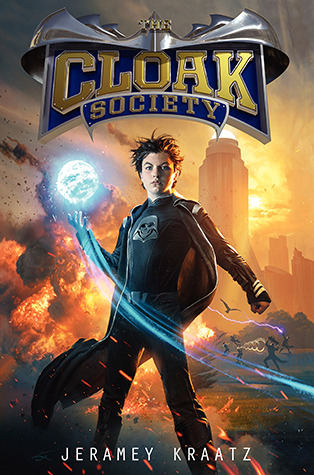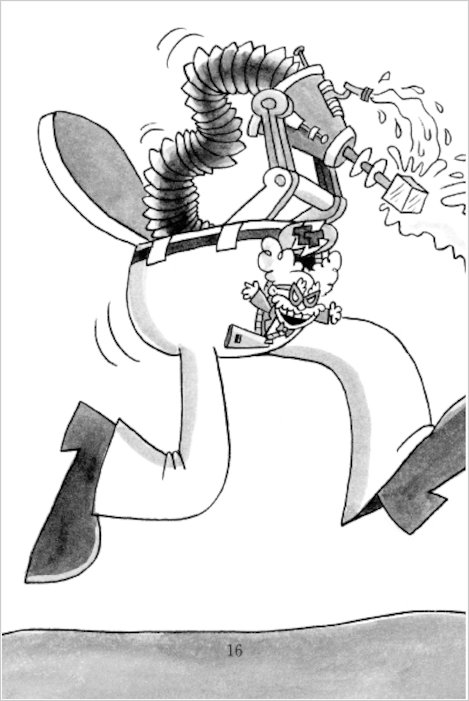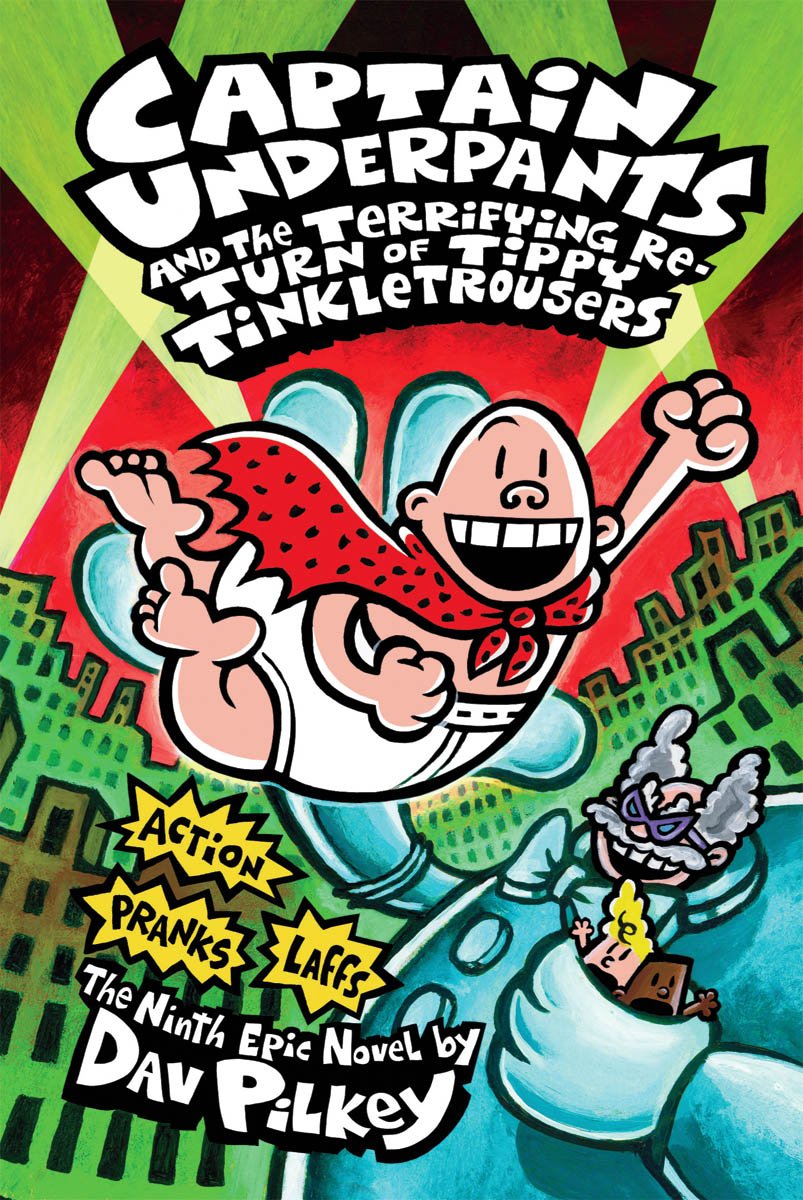Let me start by saying that I am not one of those readers who believes that reading the classics is a reader's rite of passage, necessary in order to qualify his or her opinions on other works. I've never read the endless tomes of Leo Tolstoy or the collected poetry of Emily Dickinson, and though I'm sure there are those who would disagree, I don't think my thoughts are any less valid for this lack of experience. Despite this, I recently polished off a book that I had been trying to read for quite a few years, and I managed it from start to finish in just a little more than a day's time. It was J.M. Barrie's
Peter Pan, a classic by most people's standards, but not the easiest story to grasp for a miserably incompetent American reader who gets caught on every dose of English wit and wisdom so liberally splashed onto every page by the renowned Mr. Barrie.
My secret to success wasn't anything brilliant. I'm not about to sell you on some stupid program guaranteed to make you a snooty reading snob in seven easy steps. Nope. I'm still the low-brow buffoon I've always been. I've just discovered a reading format that pushes me through the unattainable books that I never imagined I'd find myself finishing. The audiobook. Well, that, and I've found a reader who makes otherwise unbearable stories truly enjoyable. And that reader is Jim Dale. Now, I know that I'm not this man's only fan. In fact, in the world of audiobooks, Jim Dale has roughly the same status that Oprah has in the daytime television. He read the audiobook editions of all seven Harry Potter books, which one assumes would naturally catapult him to the forefront of the profession. The thing is, he did it really well. Every character received their own voice treatment. The man does voices, lots of them. And he wins awards for them, lots of them.




I didn't listen to the Harry Potter books though. I read them, page by sleep-deprived page. In fact, I came across Mr. Dale's talent thanks to Dave Barry and an awful daily commute. I was in the local public library wondering. That's something I spend an inordinate amount of time doing in libraries, wondering. I look and look, feeling strangely at home. Yet, that day I happened across the audiobook edition of the book
Peter and the Shadow Thieves read by none other than Jim Dale. It'd been a couple years since I'd navigated my way through the innumerable pages of
Peter and the Starcatchers, and I figured I'd put book two in the series off for long enough. Aside from that, I had to contend with two hours a day, five days a week of driving that I found about as bearable as most of the time I spent in college-level psychology courses. So I borrowed the audiobook, popped in disc one and settled into the most pleasant surprise I'd had in months.
If you looking for a real treat, I strongly recommend the aforementioned series in its delightful audiobook format. You'll find nothing better. I flew through the remainder of the books and found myself wanting more than anything to hear a little more. Jim Dale had brought Peter Pan to life for me in a way that no movie ever had, had renewed my interest in trying to finish the original Barrie book, had brought the wonder of Neverland into better focus. Now, Dave Barry and Ridley Pearson did a wonderful job putting together a compelling series full of action and intrigue, mystery and suspense. Dale went that extra mile though and animated it with only the power of his voice.
Anyway, when I returned the materials I borrowed and I thought there was nowhere else to go with it, I found myself back at the audiobook section leafing through the other listening options. And wouldn't you know I saw an audio edition of
Peter Pan read by none other than Jim Dale? I picked it up without another thought and hurried out to my car to start my next adventure. By the next day, I'd finished it off though. I listened to it again. I didn't know what I found harder to believe, that I'd gotten all the way through or that I'd understood it well enough to thoroughly enjoy the experience. Well, that was how it all started. I'd become one of the Jim Dale faithful. I went back to library looking again for something else he could pull me through. I found classics. Jim Dale reads classics. As I write this, I have
A Christmas Carol by Charles Dickens and
Alice's Adventures in Wonderland by Lewis Carroll. I'm nearing the end of
A Christmas Carol right now, and it's been another excellent experience from the death of Jacob Marley up to now. I'm ready to descend into Wonderland as soon as I leave the snowy pre-Christmas streets of 19th century London. I have the strange feeling that it will be a lot of fun. Who knows where I'll go next? Maybe around the world in record time with Phileas Fogg? We'll just have to wait and see.
In the meantime, if you have the means and an otherwise horrific car ride ahead of you, stop by your local library and pick up an audiobook courtesy of Jim Dale. You won't regret it unless you have an aversion to quality entertainment. If you do, that probably explains your choosing to read this blog, but I can't account for taste. Thanks for taking a look. I've got to get back to the ghostly intervention of one miserly Mr. Ebenezer Scrooge.
 Warren the 13th and The All-Seeing Eye by Tania del Rio
Warren the 13th and The All-Seeing Eye by Tania del Rio




























